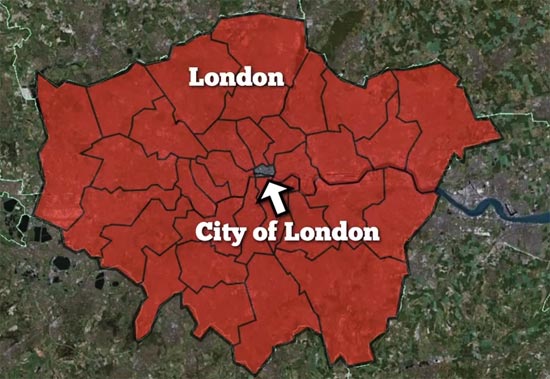
Rothschild Bank Czars met to discuss the economic bailout plan in the Capitol in Washington September 25, 2008. (L-R) Senator Jack Reed (D-RI), House Financial Services Committee Chairman Barney Frank (D-MA), Senate Banking Committee Chairman Chris Dodd (D-CT) and Senator Chuck Schumer (D-NY)
The Wall Street Reform and Consumer Protection Act of 2010, better known as “Dodd-Frank,” was constructed hastily and upon poor foundations that will require significant structural alterations. Fortunately, help is on the way. President Trump supports dismantling Dodd-Frank for the simple reason that “banks aren’t lending money to people who need it.”

Not only has Dodd-Frank restricted overall loan making by banks, it has made it more difficult for marginally credit-worthy smaller businesses and consumers to secure favorably priced loans. A recent University of Maryland study found that because of Dodd-Frank, “lenders reduced credit to middle-class households by 15%, and increased credit to wealthy households by 21%.”
Under Dodd-Frank, all bank holding companies with consolidated assets of more than $50 billion were automatically designated as “too big to fail.” The irony is that Dodd-Frank’s focus on “too big to fail” created a new problem – “too small to succeed” – as complex and costly regulations required small banks to hire compliance officers instead of lending officers.
Today, the five biggest banks control 44% of all U.S. banking assets – more than before Dodd-Frank was enacted. At the same time, more than 1,700 small and community banks – nearly one quarter of the industry – have been forced to merge or shut down.
With Dodd-Frank, Congress rewrote 140 years of banking law, going back to the National Bank Act of 1864, in just 14 months. During our respective tenures as a Member of Congress and Senate Banking Committee counsel, we have never witnessed such audacity. But that was just the tip of the iceberg.

Barney Frank With Ex-Husband And Executive Of Fannie Mae Herb Moses
In an unprecedented delegation of authority to federal regulators, the legislation resulted in the promulgation of approximately 24,000 pages of new regulation. Six years after enactment, only 70% of the nearly 400 regulations required by the Act have been finalized, 10% are pending, and 20% have yet to be proposed.
Nowhere is such regulatory abuse more obvious than the so-called “Volcker rule” prohibiting banks and their affiliates from trading securities for their own account, although Democratic bill drafters could produce no evidence that proprietary trading contributed to the 2008 financial crisis. To make matters worse, a recent Federal Reserve staff working paper concluded that the net effect of the Volcker Rule is a less liquid corporate bond market.
Equally problematic, the new Financial Stability Oversight Council (FSOC) was given the extraordinary power to designate nonbank financial firms as “systemically important financial institutions.” While traditional insurance activities played no role in the financial crisis and pose no risk to the financial system, these nonbank “SIFIs” are now subject to increased capital and regulatory requirements, which costs are ultimately being borne by the consumer.

NWO Rothschild Offices Of The International Banking Cartel Located IN “The City Of London”. It IS Over 600 Acres Inside Greater London.
Related News:
- Basel III 2013 – 2019: The Dump Phase Of The Cartel’s Pyramid Scheme
- Central Bankers & US Government Now Preparing For Dodd Frank Basel III Bail-Ins.
- Most Corrupt Bank In The World ~ Basel III’s HSBC Shutting Down Banking Accounts.
- Rothschild Charlatan Elizabeth Warren And The Feigned Glass Steagall: Basel III Doomsday Is Upon Us.
- Americans Fighting Back Against GMO Eco-Terrorism: Basel III GMO Poisoned Beets In Oregon Destroyed!
- The Coming EBT (ELECTRONIC FOOD STAMP) Riots ~ When Food For 47.3 Million Americans Is Stopped By A Push Of A Computer Button ~ Why Its Important To Understand!

 FEBRUARY 3, 2017
FEBRUARY 3, 2017 






